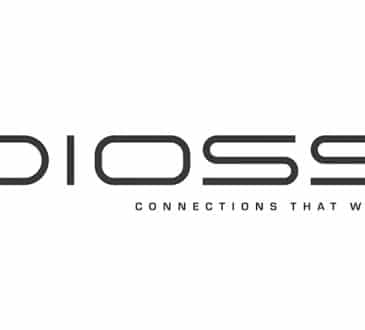Six Essentials for CEO Resilience

Leaders typically look for predictability in their organizations’ circumstances, as predictability creates confidence that supports their decisions. But that is a mistake in today’s world. We are living in uncertain times, and the world is increasingly volatile, chaotic and ambiguous (VUCA). The only predictable factor is that change is inevitable. Therefore, as a CEO, you need to look beyond predictability and develop the trait of resilience.
Resilience is one of the most critical traits for success as a CEO. It allows an individual or organization to respond effectively to adversity, adapt to stressful situations or competitive disruptions and recover from a crisis.
Effects on performance
Resilience, tenacity and confidence all affect performance. Resilience is not the same as tenacity, which is the quality of seeing a situation through to the end, no matter what. One can be tenacious yet be nowhere close to achieving goals. And tenacity can cause barriers to success.
Resilience also differs from self-confidence. Confidence is an emotion that enables one to have enough trust to take risks in solving challenges and accomplishing goals. But this emotion requires a continual effort in maintaining balance. If not balanced, one can become overconfident, which leads to arrogance; or one can have a lack of confidence, which causes self-doubt. Either extreme hinders creativity in solving problems and leads to making ineffective decisions.
Here are six essential tips on how you can develop mental resilience.
- Develop an open mindset. Resilience requires an open mindset, which enables you to view change as an opportunity for cultivating high performance in your organization. Change causes an imbalance between what you were working toward and what you face in a VUCA situation. An open mindset helps you develop resilience and know that, despite unexpected change, every situation becomes a step that can propel you towards your strategic goals.
- Develop a future-oriented perspective. For success as CEO, you must approach crisis situations with both an immediate and long-term view. In a crisis, you may feel a sense of threat or even impending catastrophe. But it is important that you take time to imagine better circumstances in the future.
Remember your organization’s vision; this will help renew your energy to meet new goals. As CEO, you must always guide your organization’s teams in how to deliver the mission. As a resilient CEO with a future-oriented perspective, you can help your organization adapt to a changing environment and develop plans to deliver the vision even in the face of new pressures. - In a crisis, do not aim for perfection. For some leaders, it is natural to want to take decisive action quickly in a VUCA situation. Others tend to procrastinate actions, believing they lack all the supporting information and data. Remember what Winston Churchill said: “Perfection is the enemy of progress.” Procrastinating actions in a VUCA situation can cause problems to spiral out of control.
An effective strategy for making decisions and taking action in a VUCA situation is to begin with the end in mind. Understand why you propose taking a particular action and visualize what the situation will look like when you accomplish your goal of dealing with change. - Ventilate your stress. As CEO, you naturally experience high degrees of stress. This is especially the case in a VUCA situation. Of course, you should not ventilate your stress in negative behaviors and communications with colleagues, employees, partners or customers. Instead, remember to use exercise, relaxation techniques or even meditation to help ventilate your stress so that it does not become overwhelming.
A strong feeling of needing to be in control typically causes part of the stress. Loss of control and uncertainty about the future are two factors that interfere with a CEO’s ability to be resilient. Successful CEOs recognize that their colleagues and employees contribute to the organization’s success, and they develop the ability to let go of the need to feel in control. In developing your personal resilience, it is important to remember that you cannot always control change, but you can control how you respond to it. - Never stop learning. This tip is one that you need to undertake before you are in a crisis, but you also should continue it throughout your career. Identify CEOs and other leaders whom you admire – people who accomplished what you want to achieve – and study how they accomplished their strategic goals. If possible, cultivate relationships with them.
- Remember the power of rewards. Not only you, but also your employees need to develop resilience. Change in an organization always necessitates employees learning something new, and sometimes that involves unlearning something. As CEO, you and your organization will benefit greatly if you reward resilient employees. After all, people who embrace problems as opportunities are game changers.
Commentary by Divya Parekh. Here’s what you’ve missed?
Most Trendiest Countries.
World’s Most Fashionable Countries.
Best Countries For Investment In Travel And Tourism Sector.
Add CEOWORLD magazine to your Google News feed.
Follow CEOWORLD magazine headlines on: Google News, LinkedIn, Twitter, and Facebook.
Copyright 2024 The CEOWORLD magazine. All rights reserved. This material (and any extract from it) must not be copied, redistributed or placed on any website, without CEOWORLD magazine' prior written consent. For media queries, please contact: info@ceoworld.biz








